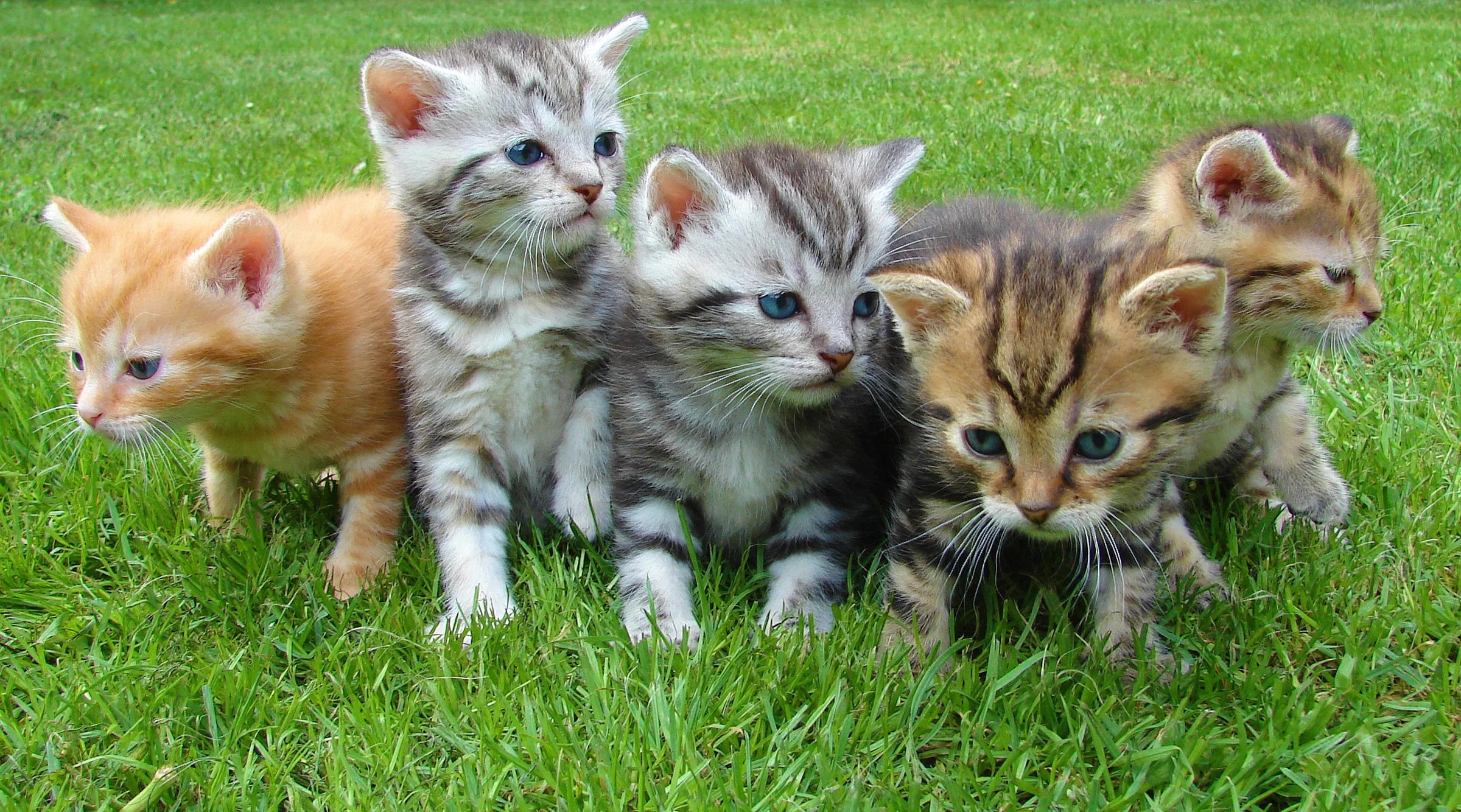
Found a Kitten?
what to do when you Find KITTENs
Wait and Watch
Don't rush to rescue—Mom might be nearby.
Mother cats often leave their kittens alone for hours while they hunt. This is normal and doesn’t mean they’ve been abandoned.
Watch from a distance.
Stay at least 35 feet away. If she sees or smells you nearby, she might not come back.
Check for danger.
Are the kittens warm, dry, and in a safe spot? If they're exposed to rain, cold, or other threats, you can move them slightly to shelter—but keep them close to where they were found so Mom can return.
Give it time.
If you're unsure, wait and check back in a few hours. Mom is almost always the best caregiver. Her milk protects their immune system, and she helps them regulate their tiny bodies.
Only intervene if necessary.
If the kittens are cold, injured, or clearly orphaned, it may be time to step in. Otherwise, keeping them with Mom gives them the best chance of survival.
IF MOM has not RETURNed
If the mom hasn’t returned for over twelve hours, it is time to take action to care for the kittens.
These are the primary responsibilities to consider before taking in an orphan kitten:
Thermoregulation: Kittens can’t regulate body temperature. You’ll need to provide a warm environment for them (85-90° F is optimal). We use Snuggle Safe Disks to do this.
Food/Nutrition: Orphaned kittens should be fed Milk Replacement and, depending on age, eat every 2-4 hours. This includes night feedings. WVHS recommends Breeders’ Edge Foster Care. Additionally, kittens must be monitored closely and weighed often to ensure they make the proper weight gains.
Sanitation: Kittens are very susceptible to disease. It is essential to keep them and their living area clean. Wash your hands before and after handling them.
Elimination: Kittens can’t urinate or defecate on their own until about 4 weeks of age. This means they must be stimulated after every feeding. Here’s a great demonstration video.
Infectious Disease: Kittens must be vaccinated and dewormed to prevent infectious disease. Create a schedule with your vet to ensure they stay healthy and are set up for success as they mature into adulthood.
Socialization: Placement in a forever home means adequate socialization. This is the fun part! Play, cuddle, and love are what’s needed.
FACT: Kitten digestive tracts are still forming. Their little bodies can only process small amounts at a time, so they must eat frequently.
Interested in Becoming a Foster Parent?
If you want to become a foster parent, please email fosterteam@wenatcheehumane.org
